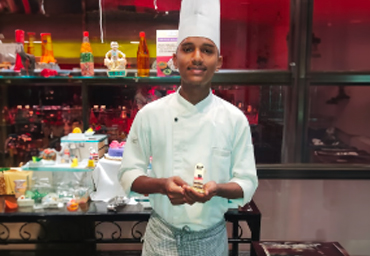Securing Sakhiya’s Future
Sakhiya Yagnik Pravinbhai, from Surat, was able to pursue a degree in Technology using Educate 2 Graduate scholarship funds administered through Higher Education Support Trust. Read more
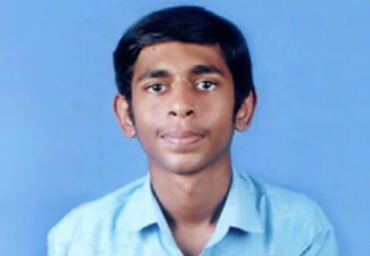
Sakhiya Yagnik Pravinbhai, from Surat, was able to pursue a degree in Technology using Educate 2 Graduate scholarship funds administered through Higher Education Support Trust. Read more

Sakshee Mundee, a bright and kind 9th-grader, is a member of the Madhyamik Vidyalaya Mhalunge (Padale) digital lab in Maharashtra, supported by Y4D and Share & Care. When she first began taking classes and workshops at the lab, she was hesitant to touch any of the devices, worrying that she might break them. Read more
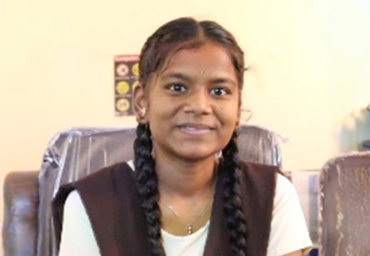
Mr. Santosh Telawade is a teacher at the ZP school located in Pune in Maharashtra, where the Y4D Foundation has established a digital lab with the support of Share & Care. Initially, like many of the teachers, Mr. Telawade was unfamiliar with the digital resources and online teaching practices. Read more
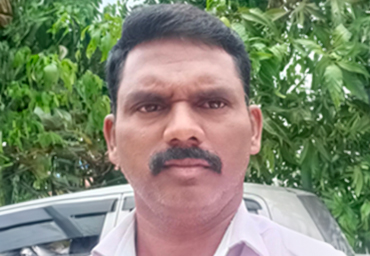
Gayatri Shinde is a 9th-grader who lives with her parents in a rented room in the Asalpha village in Mumbai. She is a sincere and hardworking young girl who loves to dance and excels academically. Two years ago, her father, the sole earner of the family, lost his job, and the family has struggled financially since. Read more
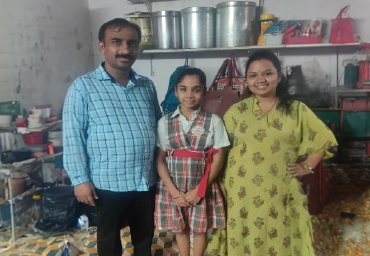
Born in the remote Walke village of Maharashtra, Sarvesh Janardan Mhatre saw many of his peers drop out of school, face addiction, and struggle to earn a living wage. Read more
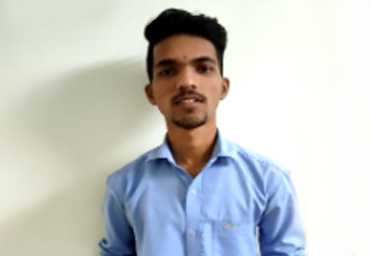
Saroj Gurjar is a 21-year-old woman from a rural area of Rajasthan. Her family of seven is supported only by her father’s farm work, and their financial needs often go unmet. Saroj has been interested in creative activities since childhood, and she learned about the Grameen Vikas Shodh Evam Takniki Kendra (GVSTK) program, supported by Share & Care, in November of 2021. Read more
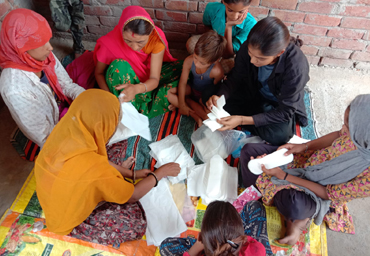
Manju is a nurse at Sree Balaji Medical College and hospital in Channai who works tirelessly to help vulnerable patients get the care they need. Her father is an agricultural farmer, earning just Rs. 6,000 per month, so growing up, Manju struggled to afford books and other items required for school. Read more
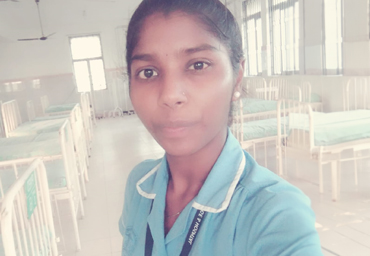
Mayuri Kaushik Kumar Rawal is a bright, ambitious 8th-grade student in Mumbai. Her father is the sole earner for her family of six, and as a florist making just Rs. 36,000 per year, he struggles to cover basic living expenses, leaving no room in the family’s budget for school fees. Read more
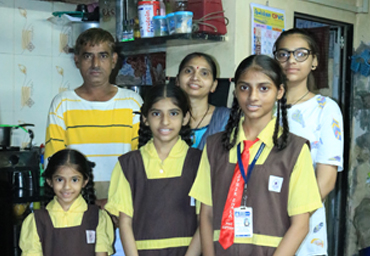
Upasi Devi, currently living in the Singhpur village of Uttar Pradesh, wanted to attend school when she was younger. However, due to family circumstances, she was unable to and was married at 12 years old to Akhileshwar Mahto. She worked with Akhileshwar in agriculture, but after they had four children, their financial situation became strained. Read more
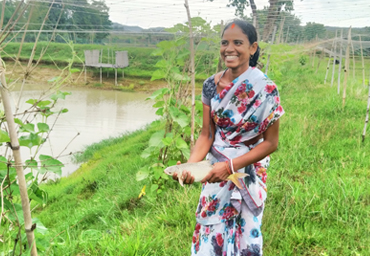
Muskan’s parents are her biggest inspiration. They reside in Pune, where her father is an electrician and her mother is a homemaker. Throughout her childhood, Muskan watched as her family struggled to make ends meet due to her father’s unstable income. Read more
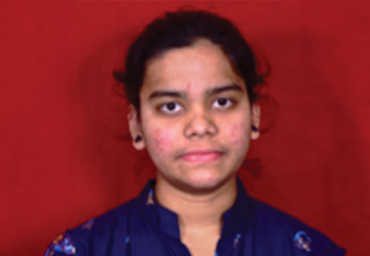
As one of three children from a poor family in the Walke village in Maharashtra, Sunny Rajendra Sawant had few educational options. His father is a daily wage earner and his income could not support Sunny in his goal to attend college. Read more
